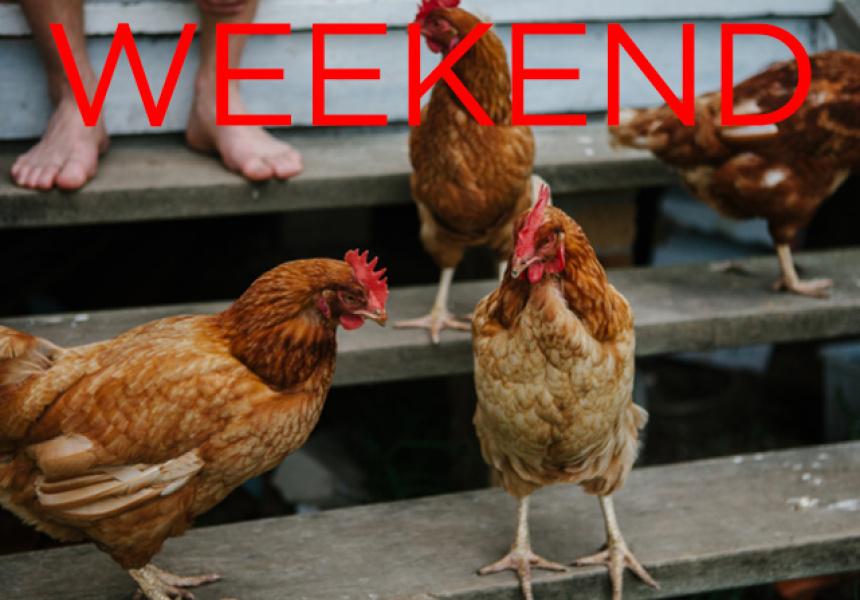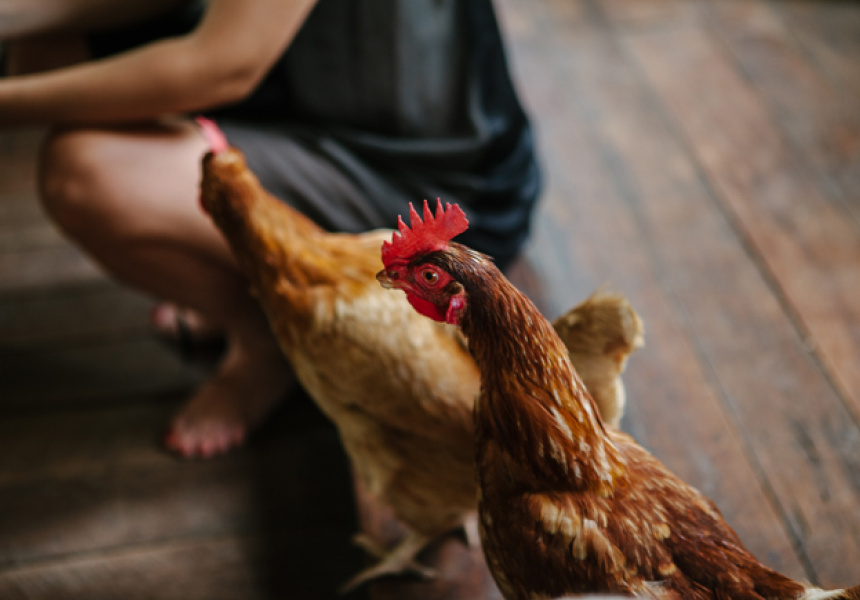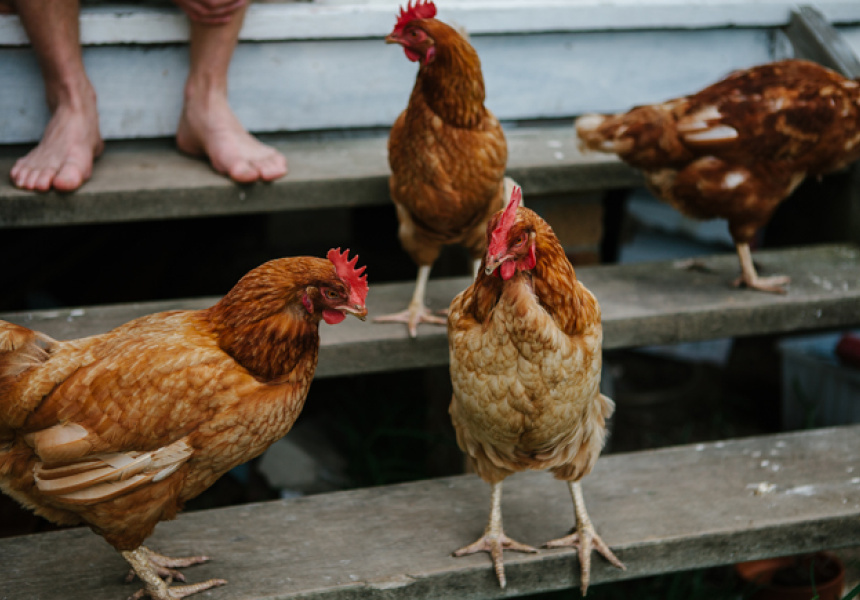When Dave Ingham started Rentachook in 2000, owning chickens in an urban setting was unheard of.
“In the last 16 years, I’ve seen a total explosion in people keeping chickens,” he says.
Rentachook is a sort of try-before-you-buy chicken-rental service. It sets up urban farming enthusiasts with a complete chicken-raising kit: a coop and nesting boxes, straw and enough certified organic feed for six weeks. If you don’t like the experience, Rentachook will take back the chickens and the kit for a small fee.
We think you might like Access. For $12 a month, join our membership program to stay in the know.
SIGN UPIngham and his business partner, Karl O’Brien, started the business as a side project to encourage people to raise chickens in urban areas. Ingham explains, “People used to think of chickens as farm animals, and they didn’t know what to expect. Rentachook lets people see how it works.”
It’s enough time to get used to caring for the birds, experience different weather events, understand how the chickens will affect the garden.
Ninety per cent of customers keep the chickens they rent. For the other 10 who don’t feel it’s working out, Rentachook simply finds those chickens a new home.
Although welcoming fowl into your garden might seem daunting, chickens are a low-maintenance pet. “It’s not like buying a puppy. With chickens, they don’t give a damn if they’re in my yard or your yard. They want to be fed and protected.”
They also need a suitable space, but nothing elaborate. The postage-stamp sized back gardens and neglected alleyways next to inner-city terrace houses are ideal for chickens.
“Two or three chickens need about eight- or 10-square metres – the shadow under a large car. Lots of people in the inner west have an unloved, shaded strip down the side of the house. Put a fence on either end and it makes an excellent chicken run.”
At night they need to be tucked safely in their coop, out of reach of predators like cats or foxes. Jess Miller of Grow it Local, an urban-farming initiative, says, “Foxes are more common than you think, particularly on the north shore, and even in areas like Moore Park.”
Ingham recommends starting with a flock of two (chickens are social animals and will get depressed on their own). “Starting with three in a small space, you’re going in hard. It’s a like a learner driving a Ferrari. Go with a couple of simple, robust chickens until you get the hang of it. Then move up to something more complicated.”
Chickens live for six to eight years and produce the most eggs during the first two years of life. Egg numbers vary depending on weather (many lay fewer eggs in the winter), health, stress (if they’re overcrowded or have a dirty coop) and age. As a rule, two birds in their prime can produce upwards of a dozen eggs a week between them.
Ingham is a backyard-chook evangelist, and his banter often returns to the tastiness of the homegrown eggs. Because of the varied diet they get in a backyard setting, the flavour of the eggs is delectable compared to the bland commercial variety.
There are other good reasons for owning urban chooks. “Chickens are an environmentally sustainable backyard pet because they eat kitchen scraps. They also remove weeds from the garden,” he says. Other plants, too, so if you’ve got an elegant garden full of prized flowers, backyard chooks are probably not for you.
For those uncertain about the responsibility, Ingham says, “If it doesn’t work out, it doesn’t matter. We give them to someone else and they get a good home. It’s not a big deal to give it a go. Dive right in!”
Ingham’s book Backyard Chickens will be available in March 2017.



